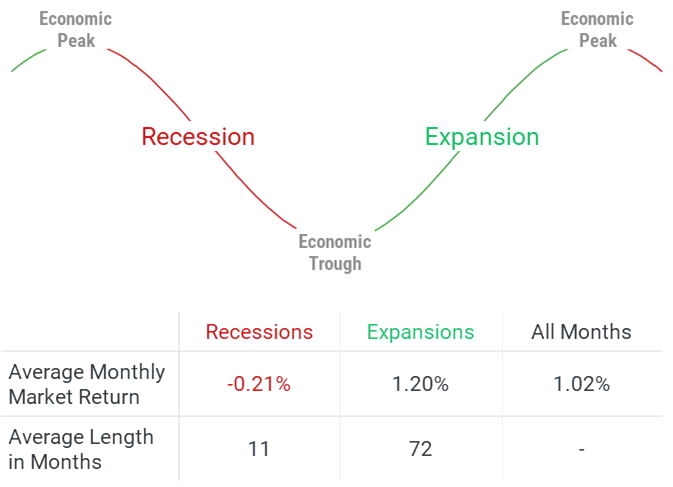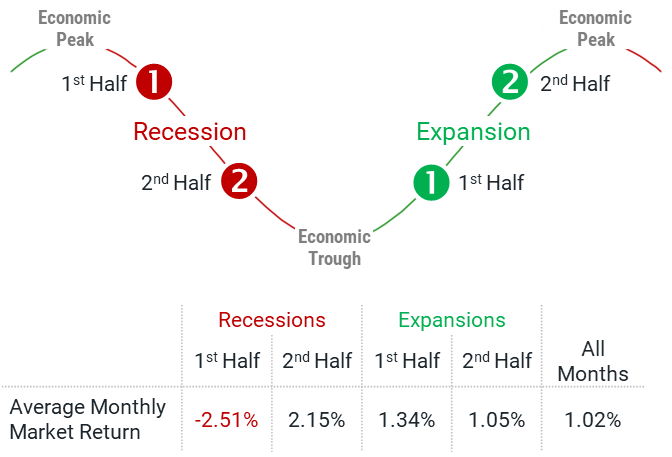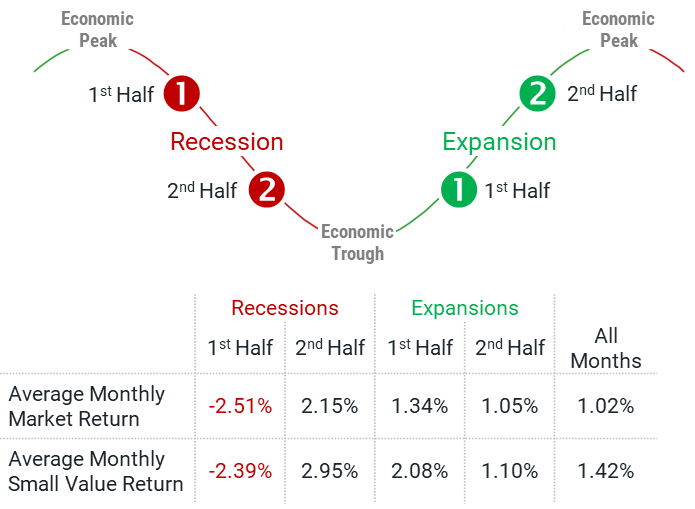By Chris J. Roe, CPA, PFS
If one stock dominates your portfolio, you’re likely feeling stuck between a risk and tax predicament. This often happens if you were an early employee of a company that went public, are an executive with significant equity compensation, or inherited a large shareholding that has appreciated over generations.
Regardless of how the concentrated position was acquired, you might wonder, “How can I protect against downside risk if the stock declines without selling and triggering taxes?” or “How can I diversify into other assets but avoid capital gains taxes?”
Strategic Approaches for Managing Concentrated Stock Positions
While selling some of your holdings to realize gains might seem like a straightforward solution, we understand the hesitation due to potential tax implications. The good news is long-term capital gains rates remain near historic lows. Federal rates range from 0% to 20% on realized profits, depending on your tax bracket. An additional 3.8% surtax applies to high-income investors. Therefore, the worst-case scenario is a 23.8% federal tax hit.
However, merely accepting the tax hit from selling can feel like a compromise. This is why we suggest considering a variety of strategic alternatives. Below, we outline several approaches that can help manage your concentrated stock position effectively.
Establish a Capital Gains Liquidation Plan
Consider setting a yearly capital gains budget to stay within capital gains tax brackets and utilize any tax-loss harvesting available. While this does not avoid the tax, it spreads recognition over time and potentially reduces the overall tax rate.
Implement Hedging/Options Strategies
Use a hedging strategy to reduce downside risk while holding the concentrated stock within your portfolio—but keep in mind that hedging comes with a cost. If the holding is publicly traded, consider selling cover calls to generate income to diversify. Lastly, you can consider a prepaid forward or other sophisticated option strategies. These tend to be complicated, and professional advice is a must.
Make Charitable Stock Donations
Consider donating appreciated stock directly to charities or through a Donor Advised Fund. This method allows you to eliminate capital gains tax on the stock. However, be mindful of the timing; avoid making the donation when a merger or sale of the business is imminent or nearly finalized, as the IRS may disallow the capital gains tax avoidance in such cases.
Charitable Remainder Trust
Transferring appreciated stock to a charitable remainder trust offers several benefits:
- The stock can be sold within the trust without incurring immediate capital gains tax.
- You can receive regular income payments for life or a specified period. These payments can extend to your spouse or, in some cases, your children after your passing.
- You are eligible for a charitable income tax deduction in the year the trust is established.
- After all income payments, any remaining trust funds can be directed to a chosen charity, a family foundation, or a Donor Advised Fund, potentially managed by future generations.
Gifting to Family Members
Utilize the concentrated stock for annual gifts to family members in lower tax brackets, allowing them to sell the stock and pay the applicable tax.
Trust for Senior Generation and Spouses
Set up a trust for your spouse and a senior family member who is not subject to estate tax. Gifting the stock to this trust and granting a general power of appointment to the senior family member can lead to estate tax benefits. Upon their passing, the trust’s assets will be included in their estate, receiving a step-up in tax basis, thus avoiding capital gains tax. The stock can then be sold and diversified.
Sell Asset to Non-Grantor Trust for Children/Spouse
Selling the asset to a trust in exchange for a promissory note under an installment agreement allows for deferral of capital gains tax until principal payments are received. This strategy is beneficial if you expect to be in a lower tax bracket in the future. The trust must hold the stock for two years before selling, as it’s considered a related party. However, the basis for the stock sale is set at the original installment sale price, enabling deferred gains for years.
Be aware of limits on installment sales and the necessity of interest payments on tax deferral to the US Treasury. Potential strategies to circumvent the two-year rule exist but carry tax risks. This strategy should be considered only with qualified professional advice.
Unique Strategies for Unique Portfolios
Addressing the complexities of appreciated stock positions requires a tailored approach rather than a one-size-fits-all solution. Effectively reducing the risks associated with concentrated stock typically involves a blend of the strategies outlined in this article. For personalized guidance on managing your concentrated stock position and exploring risk reduction strategies, reach out to us to discuss your options.
Rx Wealth Advisors is a financial advisory firm located in the Pittsburgh, Pennsylvania metropolitan area serving high net-worth professionals. Their primary focus is to help high-earning business owners, executives, and other professionals outsource personal financial management so they can cultivate wealth while living the life they’ve earned and deserve. They can be reached at 412-227-9007, via email at croe@rxwealthadvisors.com, or on the web at rxwealthadvisors.com.
The opinions voiced in this material are for general information only and are not intended to provide specific advice or recommendations for any individual.







